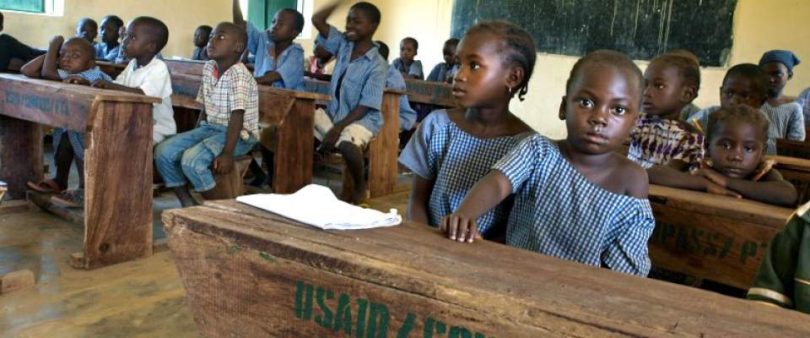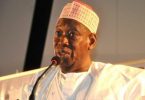The Federal Government recently said it had concluded plans to change the nation’s education policy of 9-3-4 system to a 1-6-3-3-4 education structure. Former Minister of education, Professor Ruqayyatu Rufa’i while announcing the imminent change, said the proposed structure would be a re-modification of the current 9-3-3-4 system which came into effect in 2009 when the old 6-3-3-4 system was dropped.
This new move the Minister said, is sequel to the recommendations of the Presidential Task Team on Education, which President Goodluck Jonathan has already approved. The new system which is already proposed to the National Assembly is said to be planned to include exposure of five -year -old learners to one year of early childhood education before they proceed to the six-year primary education.
Frankly speaking, this proposal of the Federal Government is unnecessary distraction of children of the Public School system who are already overburdened by several policy somersault and this move is not any different previous policy rigmarole. In any case, the system is not anything novel as it is already being practiced by the private school system where some children are enrolled in kindergarten classes at three or four. They run it full three years and move on to primary one when they are six. However, such children end up doing only five years primary education and move on to the junior secondary school and they do very well because of the background knowledge they are given from age 3 while blending with the school environment.
NIGERIANS know too well that before this proposal, the nation’s educational system had gone through many modifications. In the late 70s and 80s, it was the 6-5-4 system that was in place. It provided for six years in Primary school, five years in secondary and four years in the university.
Another shift in policy later gave birth to the Higher School Certificate (HSC) which gave birth to another two-year stop gap of learning to pupils after secondary school, before they proceed to the university this time to spend three years. All these gave way for the 6-3-3-4 and later 9-3-4 system.
ORDINARILY, there is nothing wrong with a nation desiring a change for the better or best, but we condemn the frequency of change in the education sector which has left the sector worst for what it since the change episode started. It is a fact that Nigerian graduates of the 70s and 80s remain the best ever produced in the country and they remain reference point in our national history, the advent of technology in the late 80s and 90s notwithstanding.
RATHER than piecemeal changes, we will encourage the federal government to come up with a once -and -for -all change that can stand the test of time. Government should introduce the nursery system into its policy whereby children are enrolled in schools from age 3 to formalise nursery education in Nigeria. We believe such policy will now cover what private schools are already operating, instead of the proposed one year starting at age five. Our worry about the looming policy is how long it will last if it eventually sails through?
Sent in by Habeeb Adebisi, blogger for UnilagX









Nice write up but let us commend the government for at least recognising the importance of early childhood education for the very first time! Once its on and rolling, we can then push for at least 2 years for the public early childcare centres!
Nice write up but let us commend the government for at least recognising the importance of early childhood education for the very first time! Once its on and rolling, we can then push for at least 2 years for the public early childcare centres!
hi.
nice update by you still need to think about the policies for students.
gone through some nice content and software where literacy is meaningful
you can refer to http://www.vidyalayaschoolsoftware.com
Thanks a lot for the beautiful and informative blog. keep posting such helpful posts.. 🙂
Nice Stand For Nigerias Education